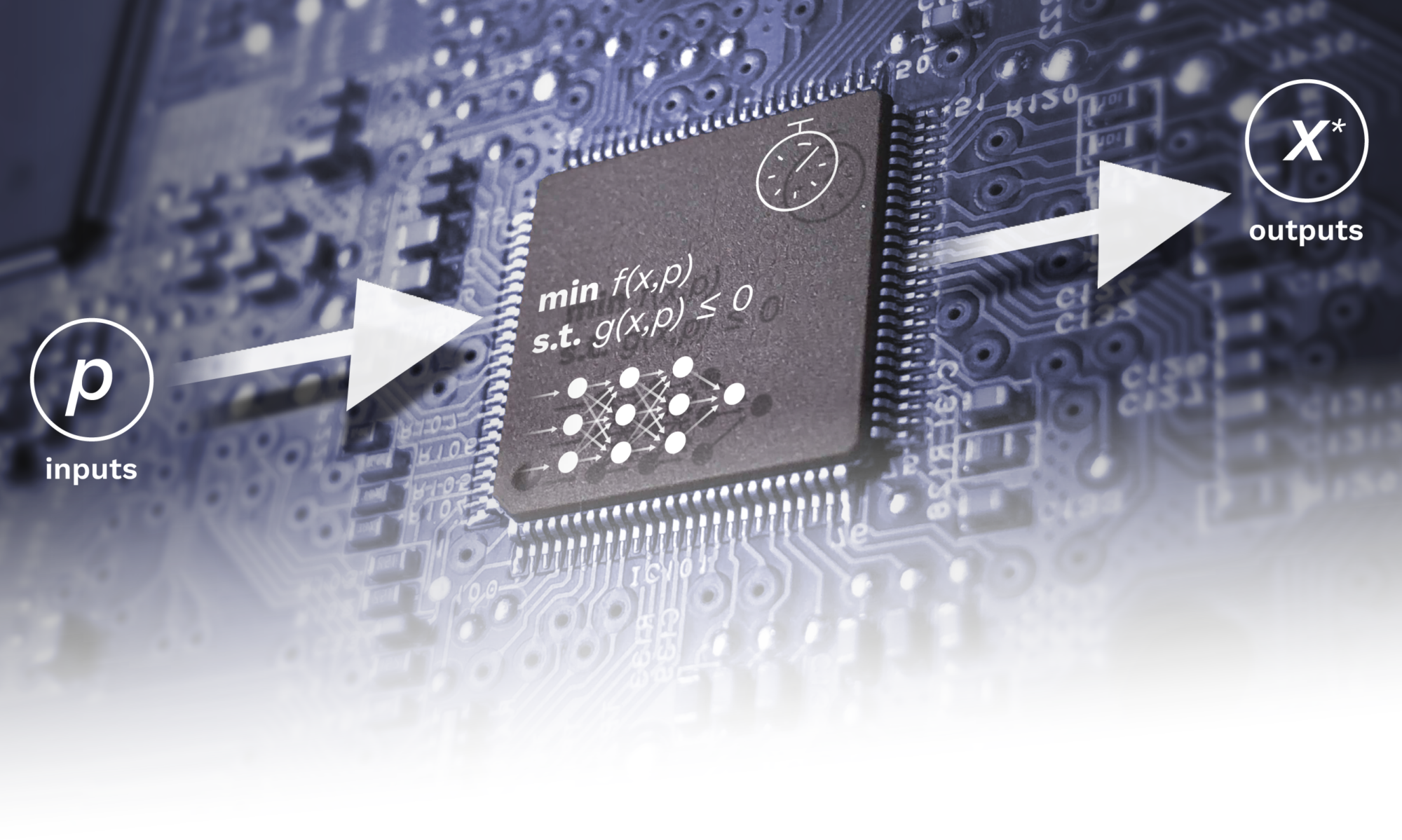PhD Candidate in Information Technology – Systems and Control
Dipartimento di Elettronica, Informazione e Bioingegneria (DEIB)
Politecnico di Milano

Jing Xie graduated with a master’s degree in electrical engineering with a focus on automation and robotics at Technical University of Munich. He did an internship at Robert Bosch on in-car monitoring system using machine learning methods in Hildesheim. His master thesis was on tube-based incremental model predictive control for robot manipulators. His main research interest is learning-based MPC.
Project description
Machine Learning (ML) techniques, and in particular Recurrent Neural Networks (RNN), are gaining a wide popularity in the control community in view of their ability to obtain, from plant data, models of complex dynamic systems, characterized by a strong nonlinear behavior. However, theoretical results related to control design methods, and in particular Model Predictive Control (MPC) based on RNN, are still needed and fundamental issues must be considered, with particular reference to (a) analyzing the properties of RNN in terms of Input/Output stability, (b) observing the state of the network in real time, (c) designing efficient MPC algorithms for embedded applications and with stability, tracking, and economic guarantees, (d) defining optimization algorithms tailored to the adopted RNN structure for real-time control, (e) developing reconfiguration strategies integrated with monitoring procedures for fault tolerant MPC providing adequate levels of safety, (f) dealing with multiple timescale systems. All these aspects will be dealt with in this PhD project, where different RNN structures will be considered, such as Echo State Networks (ESN), Gated Recurrent Unit (GRU) networks, and Long Short Term Memory (LSTM) networks. In addition, these structures will be used for the adaptive estimation and prediction of future disturbances acting on the system to allow for a tighter control action and for the design of scenario-based stochastic versions of MPC. In addition, other ML methods, like Reinforcement Learning methods, will be exploited to design efficient data driven control synthesis algorithms for industrial systems. The developed methods will be validated in real test benchmarks related to industrial control problems.


